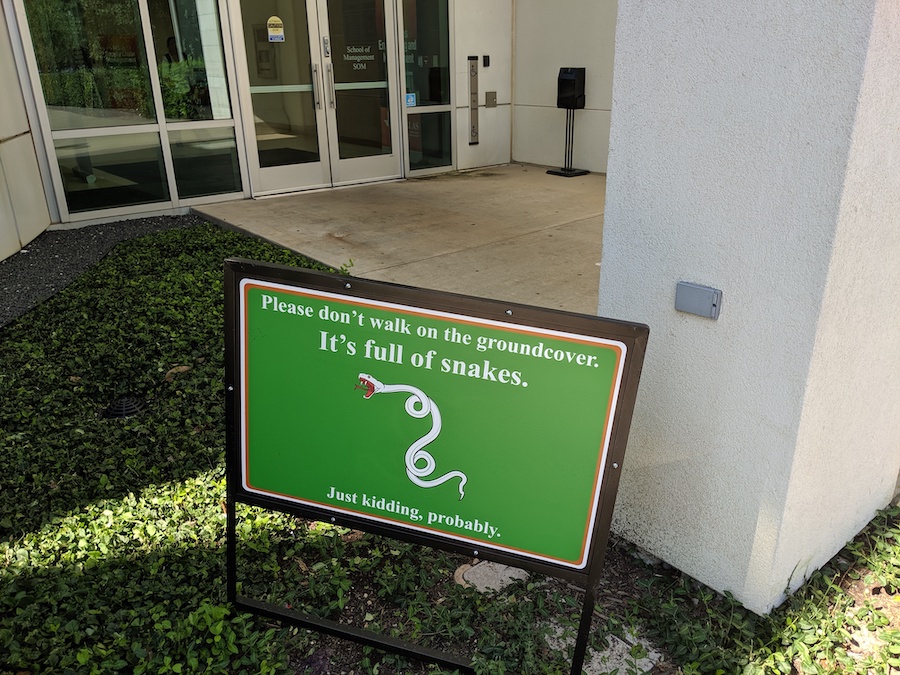"Eastoxification" supersedes "Westoxification" in Persian
One never ceases to be amazed at the articles one comes upon in Wikipedia. First, in this comment to a discussion on anti-Westernism in China ("War on foreign names in China" [6/22/19]), I encountered the notion of "Westoxification" in contemporary Iranian discourse. Reading the Wikipedia article on this subject is so interesting that I copy passages of it here for Language Log readers (the whole article is fascinating and well worth reading):
Read the rest of this entry »

